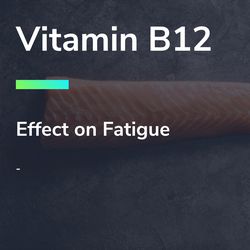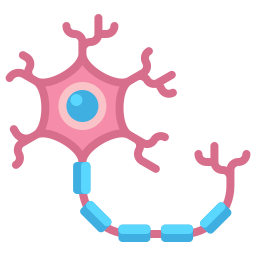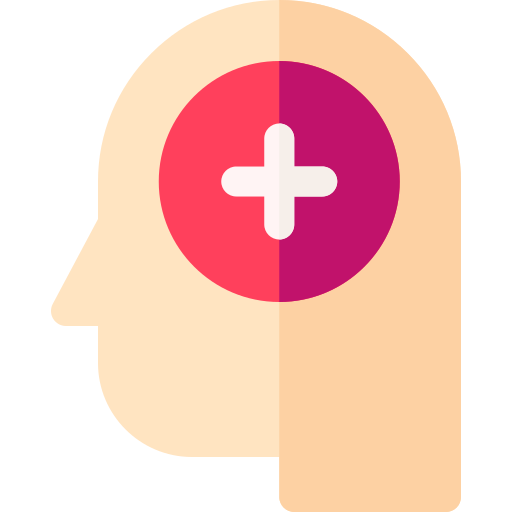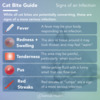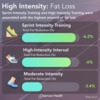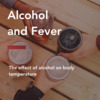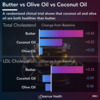Selenium
Can it help you sleep?
Does selenium help you sleep?
Selenium and the brain

"Over the past three decades, selenium has been intensively investigated as an antioxidant trace element. It is widely distributed throughout the body, but is particularly well maintained in the brain, even upon prolonged dietary selenium deficiency. Changes in selenium concentration in blood and brain have been reported in Alzheimer’s disease and brain tumors."
Studies on Selenium and Falling Asleep
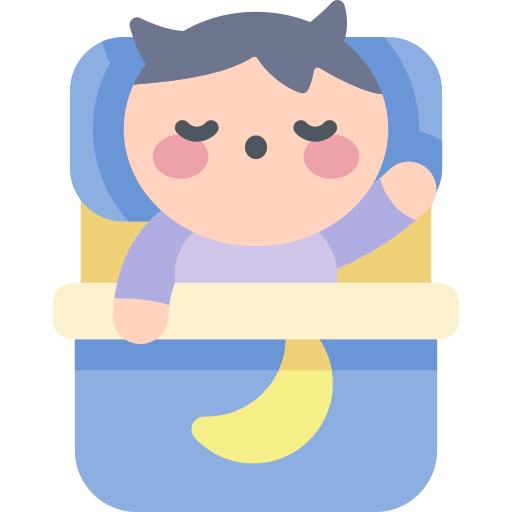






"After all sociodemographic, socioeconomic, health and dietary covariates were forced into the model, the nutrient variables that were significantly associated with greater difficulty falling asleep were, in order, less alpha carotene, less selenium, less dodecanoic acid, less calcium, and more hexadecanoic acid. "
Selenium and Staying Asleep






"Associations between sleep duration were found across nutrient categories, with significant associations between habitual sleep duration and proteins, carbohydrates, vitamins and minerals. "
Conclusion: Selenium and Sleep

#nutrition
Scroll for more ->
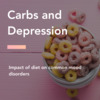


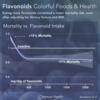

#sleep
Scroll for more ->
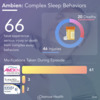
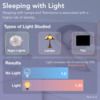
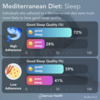
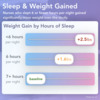

#new
Scroll for more ->
